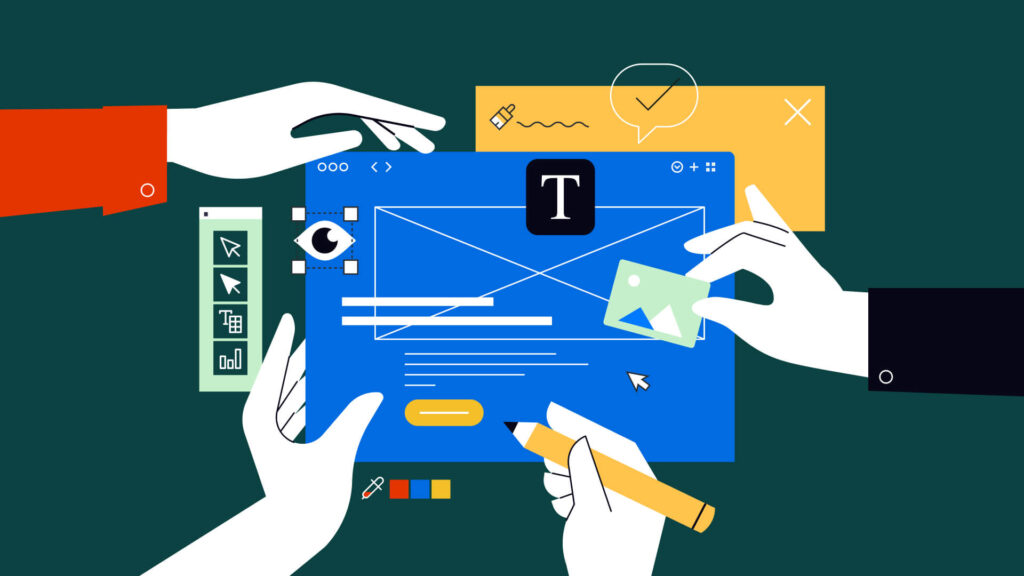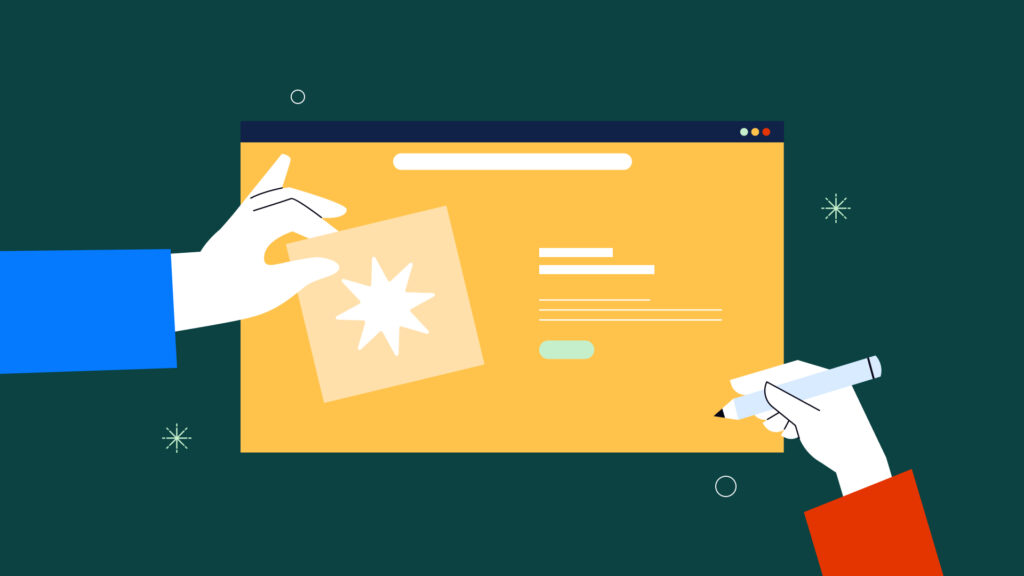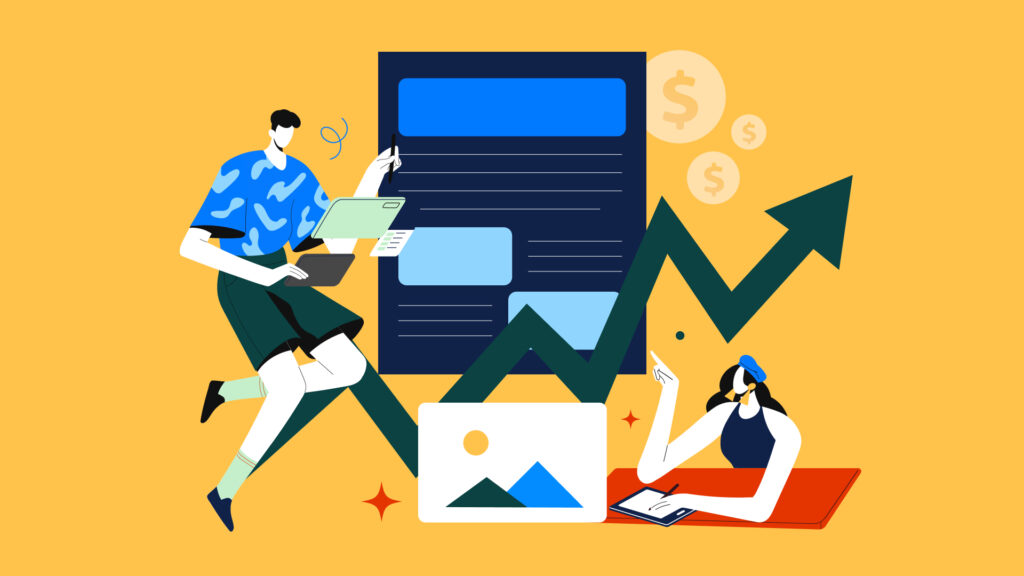We’ve all seen the impact that climate change is having on the earth and it may seem like it’s out of your control to reduce, but small changes on a large scale can make more of a difference than you may realize.
Sustainability is a huge driving force in consumer spending habits, and many companies are losing loyal customers due to environmental concerns. In fact, 1 in 3 consumers, surveyed on their attitudes to sustainability by Deloitte, have stopped buying from brands they believe don’t hold sustainable and ethical values.
The 8 ideas listed in this article are small but substantial switches you can make within your agency (or any business) to reduce your digital carbon footprint and become a more eco-friendly business that your customers and clients will love.
Opt for laptops over desktop
We’re willing to bet that within your business, you’ll have plenty of devices that need charging. From laptops to iPads, desktop computers to cell phones.
But each time you plug in a device, you’re using energy to charge it, which more often than not comes from unsustainable fossil fuels like coal and petroleum. Laptops use less power to charge than your typical desktop Mac or PC, and are on average $20 cheaper to run per year, meaning they use less precious resources.
Of course, the most sustainable option is to use what you have over purchasing new, but if you’re in need of a device to work from, a laptop is a way to go.
Design for mobile-first
Following on from above, mobile devices use even less power (and money) to charge.
Designing your website and content to be mobile-ready will encourage users to continue to opt for browsing via mobile over desktop, which can make a huge impact on the environment while delivering the ease your consumer wants.
The key here is to make the mobile experience better and highly efficient, with strong UX and UI design in focus. Mobile traffic makes up over half of all global web traffic, so this change will benefit your bottom line by making the most of your audience’s online habits, too.
If you’re interested in learning more about designing websites for mobile-first, we’ve written an in-depth guide, here.
Build more efficient websites and digital content
We often forget that even digital data needs to be stored physically somewhere. Across the United States and the rest of the world, large data storage units do just that, but each of those uses a tremendous amount of energy and resources to run.
One of the main issues with storing our data is that the storage units themselves can overheat, risking the loss of data, so mass amounts of energy are used to keep them cool through permanently running generators. Remember when it happened to Microsoft?
If you can design your website and digital content as streamlined and efficient as possible – that’s fast loading speeds, small image sizes, reduced video use – you can reduce the amount of data used and the energy needed to store it.
Reduce your inbox
Storing emails (and sending them) uses a huge amount of data which in turn, fills up those data storage units. In fact, research shows that the average person adds 136kg of CO2 to their carbon footprint each year (yes, just from storing and sending an email!), that’s the equivalent of driving 320km in your car.
Try switching to a service like Slack, or other project management tools like Asana and Notion to limit unnecessary email junk. We’ve got more great tools in this article.
If you can’t let go of email, unsubscribe to any newsletters you no longer read, and clear out your recycling bin and junk folders regularly. You no longer need that expired discount code from four years ago…
Scrap the paper – keep files digital
Paper waste and printing ink can have huge impacts on the environment, and the carbon footprint we produce.
And while we know there are issues with digital storage, unnecessary paper can clog up much more than your desk. Streamline your files and only keep (and produce) what you actually need, recycle the rest.
Reduce unnecessary cloud storage
Now that you’re keeping your files digitally, consider where they’re being stored. Does everything in your business need to be cloud-based? Storing files online will use extra data, so if there are old files that you don’t need to access regularly, consider moving them to an external hard drive.
Design and build more efficient websites
Time spent browsing and searching online all use that precious data that needs to be stored, constantly adding to our carbon footprint.
If you can design your website(s) to be as efficient as possible, you’ll not only delight your customers and improve your UX journey, but you’ll reduce the amount of resources needed to connect with your business.
Source sustainable (and local) suppliers
If you’re working in-office (or will be again soon), consider where you source your office supplies. Is there a local supplier that can provide your coffee? Choosing to support local businesses will not only benefit your community but will reduce the miles products need to take to get to you.
Switch up your search engine
The easiest switch on our list, change your default web browser to Ecosia. There are, on average, 5.6 billion searches online made every day. With Ecosia, those searches get turned into trees.
At the time of writing, the search engine has planted 131,301,458 trees, off-setting 1kg of CO2 for every single search. Add the Chrome extension to your browser in just a few seconds – the planet with thank you.
Find inspiration offline
To round up our list, we’re taking things away from digital. As an agency or designer, you’ll always be searching for new and innovative ideas to better serve your clients and customers.
Instead of scrolling through social media or digital portfolios, opt to visit local museums, galleries, and exhibitions to spark that next creative project. We’ve listed some great ones to watch out for in California later this year, here.
—
Do you already do some of these things? Which tips will you implement first?
If you’re looking to expand your agency team without the in-house impact, talk to our teams today about our zero-risk subscription service for agencies.



